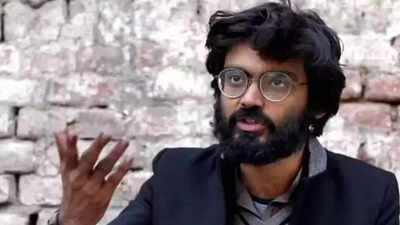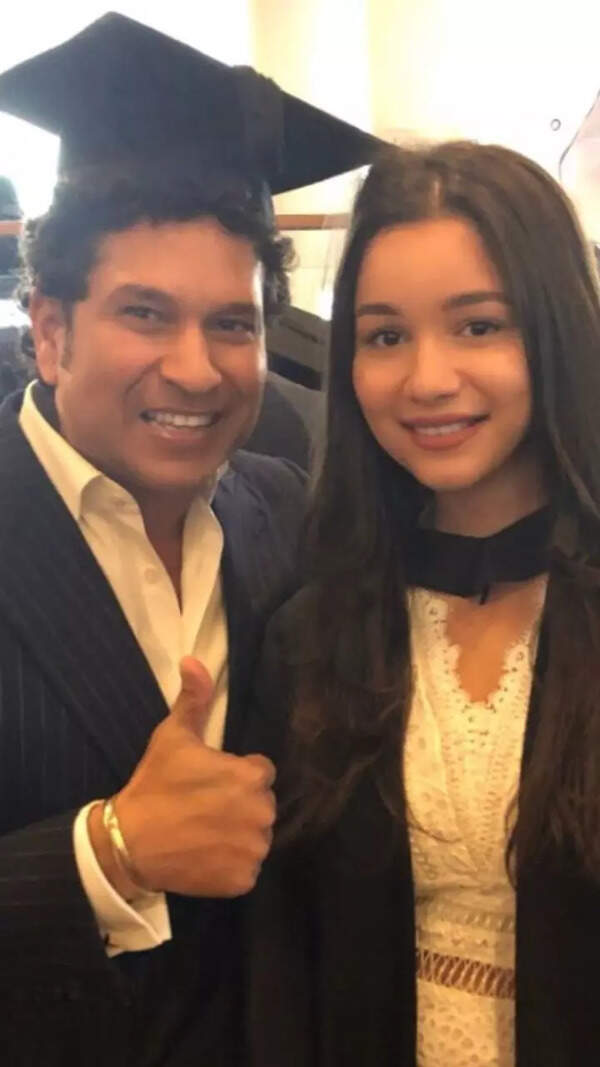Top Searches
- News
- City News
- delhi News
- Sharjeel Imam urges Delhi HC to defer bail hearing in riots case
Sharjeel Imam urges Delhi HC to defer bail hearing in riots case

Sharjeel Imam (File photo)
NEW DELHI: Arrested JNU student Sharjeel Imam on Friday urged Delhi High Court to defer by six weeks his bail hearing in a case related to the 2020 riots saying he was seeking “further legal advice” following the court’s observations about him while denying bail to co-accused Umar Khalid.
Imam, in his “adjournment application”, said the court made “certain observations” without hearing his case, which made it “incumbent upon him to seek further legal advice and to explore the possibility of legal remedy before the present appeal is heard”.
A bench of justices Siddharth Mridul and Rajnish Bhatnagar on December 16 listed Imam’s appeal challenging a trial court’s refusal to grant him bail, but expressed displeasure at the reason cited.
“To say that you are seeking legal advice in another matter cannot be a ground. It cannot be done in this manner. You can ask for an adjournment simpliciter and we may consider, but do not make legal arguments and then ask us to adjourn a matter. Don’t put all this on record,” the bench told his counsel, posting the matter for December 16, “at the specific request of the counsel for the appellant”.
Meanwhile, the bench listed for hearing on November 18 bail petitions by the other co-accused in the matter, including Khalid Saifi and Meeran Haider. While refusing to grant bail to former JNU student leader Khalid on October 18, the court observed that Imam “arguably was at the head of the conspiracy” and there existed a string of commonality running among all the co-accused.
Imam, Khalid and several others were booked under UAPA and Indian Penal Code for allegedly being the “masterminds” of the February 2020 riots. In Khalid’s bail order, the court observed that both Imam and he were members of the same WhatsApp group and they participated in the Jantar Mantar protest.
“The appellant was in constant touch with the other co-accused, including Sharjeel Imam, who arguably is at the head of the conspiracy. At this stage (of bail), it is difficult to form an opinion that there are not reasonable grounds for believing that the accusation against the petitioner is prima facie not proved,” the court had said.
Imam, in his “adjournment application”, said the court made “certain observations” without hearing his case, which made it “incumbent upon him to seek further legal advice and to explore the possibility of legal remedy before the present appeal is heard”.
A bench of justices Siddharth Mridul and Rajnish Bhatnagar on December 16 listed Imam’s appeal challenging a trial court’s refusal to grant him bail, but expressed displeasure at the reason cited.
“To say that you are seeking legal advice in another matter cannot be a ground. It cannot be done in this manner. You can ask for an adjournment simpliciter and we may consider, but do not make legal arguments and then ask us to adjourn a matter. Don’t put all this on record,” the bench told his counsel, posting the matter for December 16, “at the specific request of the counsel for the appellant”.
Meanwhile, the bench listed for hearing on November 18 bail petitions by the other co-accused in the matter, including Khalid Saifi and Meeran Haider. While refusing to grant bail to former JNU student leader Khalid on October 18, the court observed that Imam “arguably was at the head of the conspiracy” and there existed a string of commonality running among all the co-accused.
Imam, Khalid and several others were booked under UAPA and Indian Penal Code for allegedly being the “masterminds” of the February 2020 riots. In Khalid’s bail order, the court observed that both Imam and he were members of the same WhatsApp group and they participated in the Jantar Mantar protest.
“The appellant was in constant touch with the other co-accused, including Sharjeel Imam, who arguably is at the head of the conspiracy. At this stage (of bail), it is difficult to form an opinion that there are not reasonable grounds for believing that the accusation against the petitioner is prima facie not proved,” the court had said.
FOLLOW US ON SOCIAL MEDIA
FacebookTwitterInstagramKOO APPYOUTUBE
Start a Conversation
end of article









